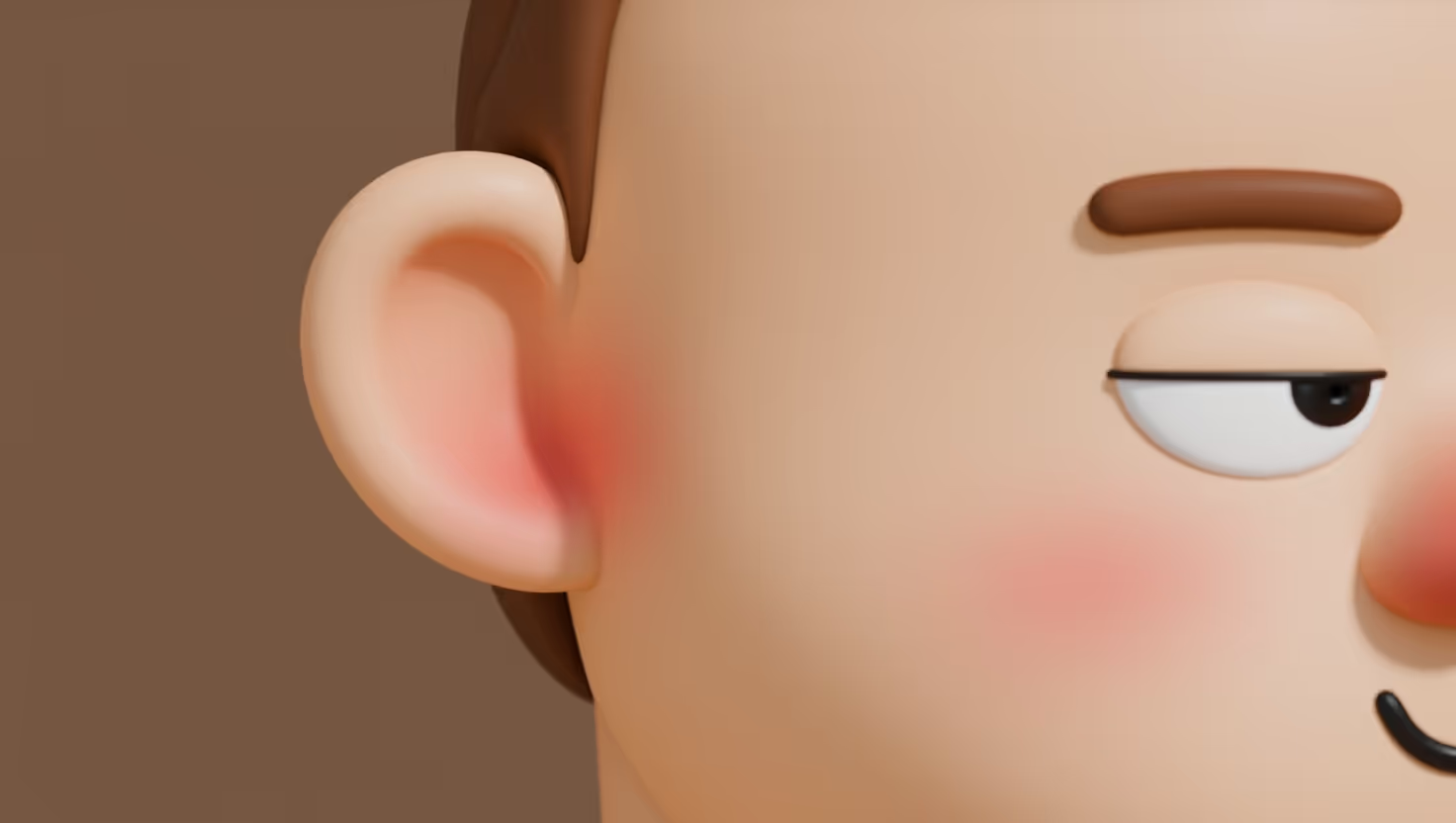What is Otitis Interna?
Otitis Interna, also known as labyrinthitis, is an inflammation or infection of the inner ear that significantly affects balance and hearing. The inner ear is a complex structure responsible for maintaining equilibrium and detecting sound. When this area becomes inflamed, it can disrupt those processes, leading to symptoms like dizziness, vertigo (a spinning sensation), and changes in hearing ability.
Imagine the inner ear as the body’s built-in gyroscope and sound sensor. When it malfunctions, there may be a feeling as if the room is spinning or muffled hearing, similar to having a clogged ear. These symptoms can be unsettling. Understanding what Otitis Interna is and how it affects the body can improve awareness of the condition.
What Causes Otitis Interna?
Otitis Interna can develop from several causes, with infections being the primary triggers. The most common causes include:
- Viral infections: Many cases of Otitis Interna are caused by viral infections such as the cold, flu, or respiratory viruses. These viruses can spread from nearby areas into the inner ear, causing inflammation.
- Bacterial infections: Less frequently, bacteria can infect the inner ear, often as a complication from middle ear infections. Bacterial labyrinthitis can be more severe and may require prompt antibiotic treatment.
- Other causes: Less commonly, Otitis Interna may be triggered by head injuries that damage the delicate structures within the inner ear or by autoimmune diseases where the body's immune system mistakenly attacks inner ear tissues.
The onset and severity of Otitis Interna can vary widely depending on individual health factors.
When Should Medical Evaluation Be Considered?
Medical evaluation is recommended when experiencing any of the following symptoms:
- Sudden or intense dizziness or vertigo (a sensation that you or your surroundings are spinning).
- Noticeable hearing loss or persistent ringing in the ears, known as tinnitus.
- Difficulty maintaining balance, frequent unsteadiness, or unexplained falls.
- Severe ear pain or discharge from the ear canal.
- Persistent symptoms that last more than a few days or progressively worsen over time.
Early diagnosis can assist in managing Otitis Interna and preventing complications. It is important to consult a healthcare provider for a thorough assessment to determine the cause and recommend appropriate treatment.
How Otitis Interna Can Affect Daily Life
Otitis Interna can impact several aspects of daily living, including:
- Work: Symptoms like dizziness and balance problems can make routine tasks difficult, especially in environments where concentration and physical coordination are important. For example, individuals working in construction, driving, or healthcare may experience increased challenges.
- Social life: Feeling off-balance or having hearing difficulties might make social interactions tiring or frustrating. This may lead to withdrawal from gatherings or conversations.
- Overall quality of life: Persistent or severe symptoms can interfere with sleep due to discomfort or anxiety caused by dizziness. Sleep disruption can affect mood and contribute to irritability. Dependence on others due to balance issues can reduce one’s sense of independence.
What Does Research Say?
Research provides insights into Otitis Interna, including:
- Many cases improve over weeks to months, especially when the underlying cause is viral and managed appropriately. Some individuals may experience longer-lasting symptoms or recurring episodes.
- Balance and hearing difficulties during active infection phases can significantly reduce quality of life. Symptoms like vertigo can disrupt daily routines and physical activity.
- Rehabilitation, including vestibular therapy, can aid recovery by helping retrain the brain to compensate for inner ear dysfunction.
- Surveys indicate that a majority of patients with labyrinthitis report improvement within months, though a portion may have residual balance problems over the long term.
These findings highlight the importance of timely treatment and follow-up care to optimize recovery and minimize lasting effects.
---
Ready to breathe easier? Schedule your visit at Sleep and Sinus Centers today—online or call (678) 689-1100. Don’t wait to get answers or relief. Book your appointment now and take the first step toward better ear health!
This article is for educational purposes only and is not medical advice. Please consult a qualified healthcare provider for diagnosis and treatment.
Don’t let allergies slow you down. Schedule a comprehensive ENT and allergy evaluation at Sleep and Sinus Centers of Georgia. We’re here to find your triggers and guide you toward lasting relief.








